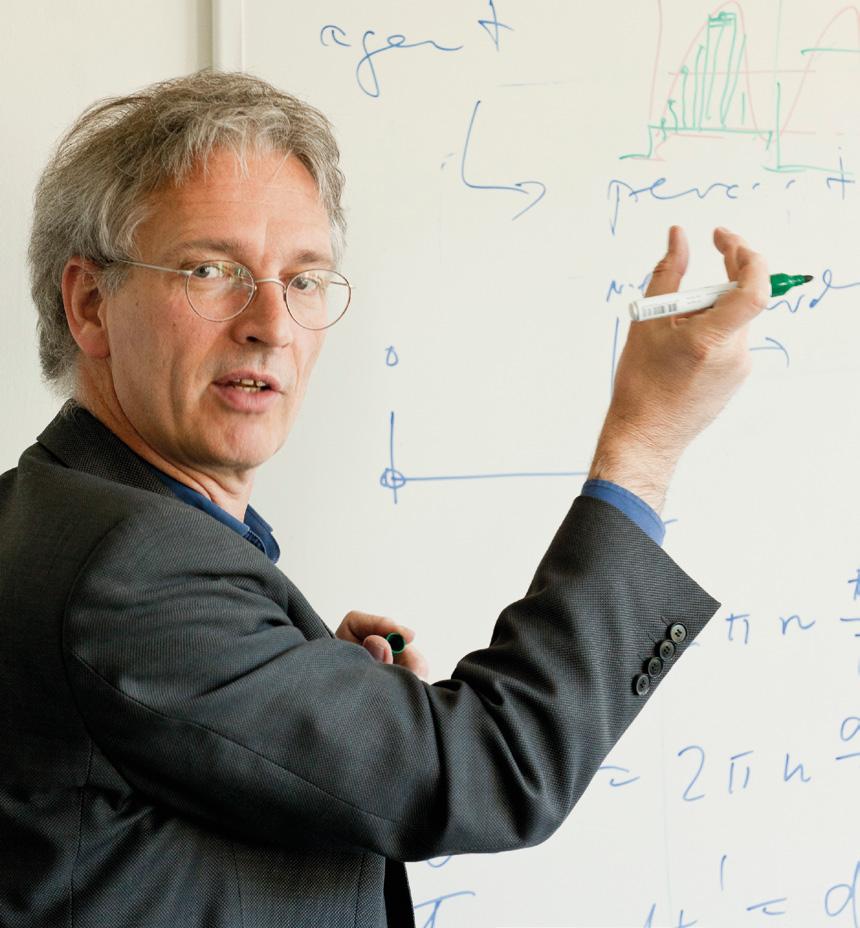
1 minute read
20 years of b-it
from "foresee - recognising signs, devising solutions, shaping the future", Annual Report of H-BRS 2022
Interview with computer science professor, Paul
Plöger
Twenty years ago, money from the Bonn-Berlin compensation scheme went towards an ambitious project. Financed by a foundation, the aim was to create a range of forward-looking international degree programmes. This is how the Bonn-Aachen International Center for Information Technology (b-it) was established and with it three Master’s programmes: Media Informatics at RWTH Aachen University, Life Science Informatics at the University of Bonn, and Autonomous Systems at H-BRS. Professor Paul Plöger was there from the very beginning.
Ɏ How were International Master’s programmes in applied computer science received in 2002?
» That was something completely new at the time. The Bologna Declaration was only three years old. There were no German Bachelor’s graduates who could have enrolled in these degree programmes. Since all the degree programmes were designed internationally, we mainly had enquiries from English-speaking countries, which still remains 90 per cent true to this day.
Ɏ Where do the students come from, and what do they expect from studying in Germany?
» They come from India, Pakistan, the USA, Canada or Mexico. Many associate the training with a clear career goal. Graduates from India, for instance, get around 10,000 dollars higher salary with their degree. In addition, we have a lot to offer both scientifically and on the practical-application side.
Ɏ What does b-it offer over comparable programmes?
» We are very research-focused, and the degree programmes are networked with each other. If you study autonomous systems at H-BRS, you can take a module at the University of Bonn and get it recognised for credits. We are also strong in the area of application. Take the RoboCup, for instance, where our students are on the winners’ podium every year with their developments.
Ɏ A project funded by the Bonn-Berlin compensation scheme to qualify skilled workers from foreign countries
– how useful is that?
» Although our students come from abroad, around 80 per cent of them stay in Germany for their first qualified job, in some cases for many years, in industry or in research and development. In this respect, it is a good investment in the German economy.
Ɏ You started at b-it as a lecturer and took over one of the three scientific director positions in 2016. What are your goals?
» According to our new mission statement, we also see ourselves as a strategic partner of the regional economy. We want to drive the digital transformation forward in fields of application, such as AI, media, life sciences and autonomous systems – in dialogue with business and society. This is how b-it lives up to its founding purpose.










